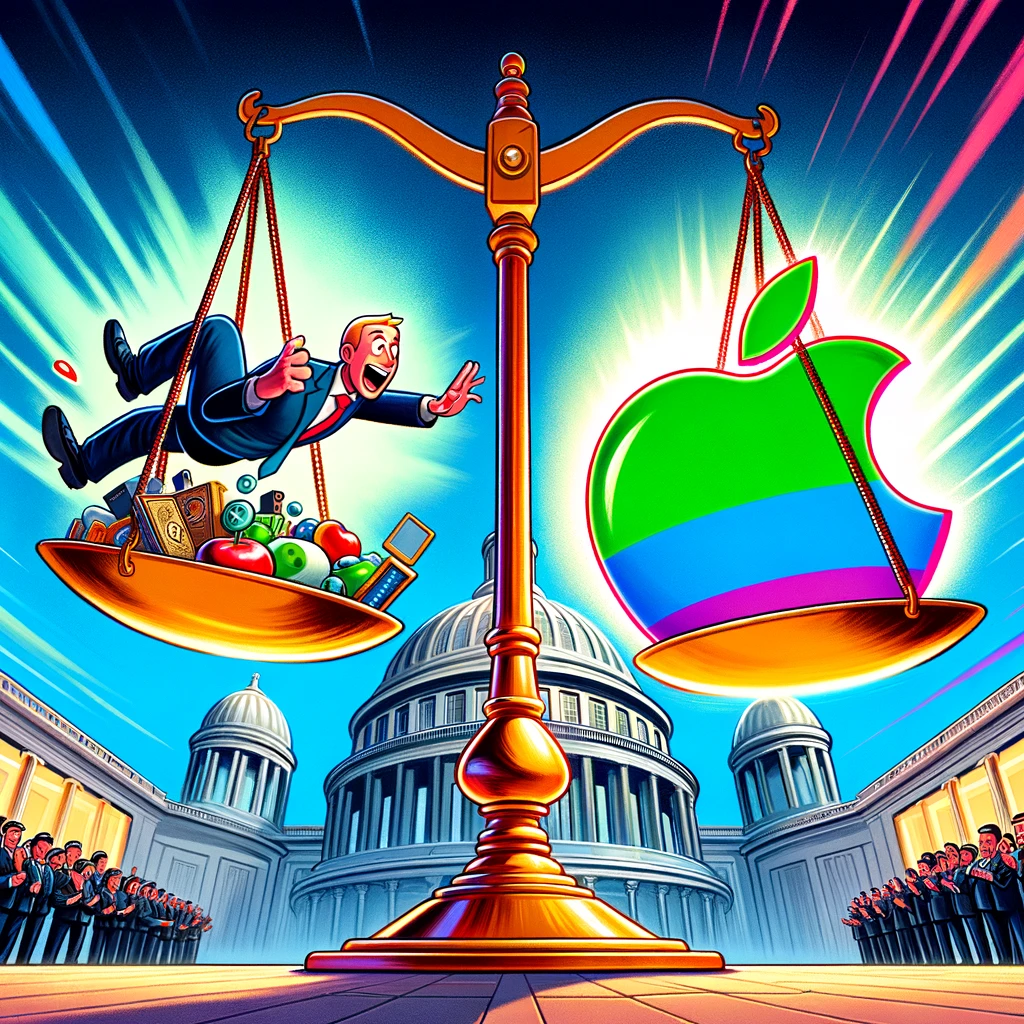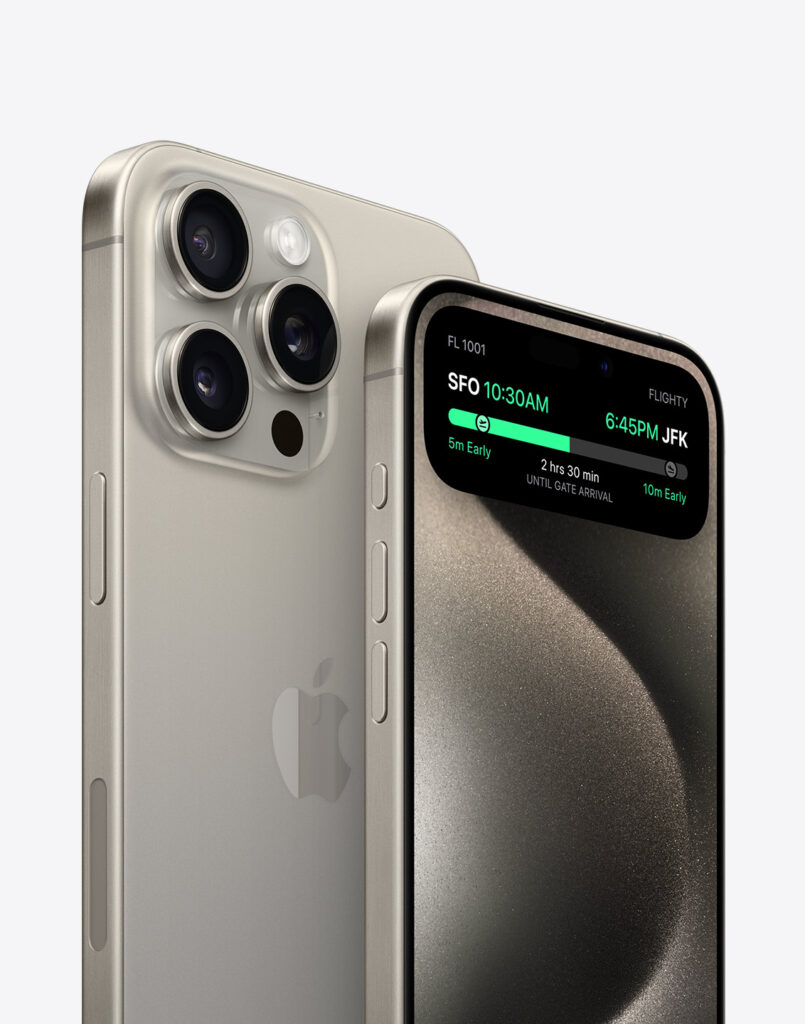The Fight to Save the iPhone: A Journey Through Innovation and Legal Battles
In the annals of modern technology, few devices have made as significant an impact as the iPhone. Since its inception in 2007, Apple’s flagship device has not only revolutionized the way we communicate, but it has also become a symbol of innovation and design. However, the journey of the iPhone has not been without its challenges. From legal battles to the fight for privacy and against planned obsolescence, the path to saving the iPhone has been a testament to Apple’s resilience and commitment to its users.

Legal Battles Galore
One of the most significant hurdles in the iPhone’s journey has been the myriad of legal battles Apple has had to engage in to protect its intellectual property and market position. Perhaps the most famous of these is the ongoing rivalry with Samsung. The disputes began in 2011 when Apple accused Samsung of copying the design of the iPhone, leading to a series of lawsuits across multiple countries. While some cases have been settled, others continue to underscore the competitive tension between the two tech giants.
Another legal front for Apple has been against various governments and their agencies’ demands for backdoor access to iPhones. A notable instance was in 2016, when the FBI requested Apple to unlock an iPhone belonging to a perpetrator of an attack in San Bernardino, California. Apple’s refusal, citing the protection of user privacy and the dangers of creating a backdoor for one iPhone that could potentially compromise millions, sparked a national debate on privacy versus security.
Innovating Against Obsolescence
Apple’s fight to save the iPhone isn’t just against external threats but also against the internal specter of planned obsolescence. Critics have often accused the tech industry of designing products with a limited lifespan to encourage consumers to purchase newer models. Apple, in particular, faced backlash in 2017 when it was discovered that it had been slowing down older iPhones through software updates. Apple responded by offering discounted battery replacements and introducing software changes that provided users with more information about their device’s battery health, a move seen as a step towards transparency and extending the lifespan of its products.
The Environmental Front
The environmental impact of technology production and waste has become an increasingly pressing issue. Apple has positioned the iPhone at the forefront of its environmental initiatives, striving to reduce its carbon footprint and promote recycling. The company has made significant strides in using recycled materials in its devices and in ensuring that its supply chain and products are as environmentally friendly as possible. These efforts are part of a broader strategy to combat e-waste and demonstrate the role technology companies can play in environmental stewardship.
The Enduring Value of Choosing iPhone: A Stand for Sustainability, Privacy, and Beyond
In today’s swiftly evolving technological landscape, where devices seem to come and go with the seasons, the iPhone stands as a monument to lasting value and steadfast reliability. My allegiance to Apple’s flagship stems from its enduring promise of quality—garnering updates and maintaining peak performance well into 4 to 5 years of its lifecycle. This enduring commitment not only bolsters the iPhone’s noteworthy resale value but also cements its status as a durable, dependable choice in the consumer electronics space.

Yet, the allure of the iPhone extends beyond its hardware longevity and into the realms of environmental stewardship and privacy. Apple’s conscious effort to minimize the use of plastics, embrace recyclable materials, and pursue sustainability across its product lineup speaks volumes about its commitment to the planet. These eco-friendly initiatives are more than just corporate responsibility; they are a testament to Apple’s vision of a technology sector that harmonizes with the environment, offering users a guilt-free embrace of modern tech.
The seamless integration within the Apple ecosystem further enhances the iPhone’s appeal, creating a symphony of devices that work in unison to elevate the user experience. This interconnectedness not only exemplifies technological innovation but also underscores a user-first approach, ensuring that every interaction is intuitive, secure, and private.
Privacy, a cornerstone of Apple’s philosophy, resonates deeply in an era where data commodification is rampant. The push from certain quarters for Apple to dilute its ecosystem’s integrity under the guise of openness is a thinly veiled attempt at data exploitation. In contrast to competitors who commoditize personal information, Apple’s staunch defense of user privacy emerges not just as a policy but as a principled stance against the pervasive surveillance economy.
In light of these considerations, the focus of government scrutiny on tech giants like Apple raises significant questions about priorities and agendas. The energy expended on challenging companies that consistently champion innovation, user privacy, and environmental sustainability seems misplaced, especially when more pressing societal challenges loom large. The pressing need to address healthcare inequities, predatory financial practices, and a credit system that cements socioeconomic disparities underscores a misallocation of focus.
Government efforts would be better served in rectifying systemic inequities and fostering an environment where technological advancement goes hand in hand with social progress. This is not merely a defense of a brand but an advocacy for reevaluating our collective focus towards initiatives that genuinely enhance public welfare.
Apple’s unwavering dedication to quality, environmental sustainability, privacy, and a user-centric ethos represents the benchmark for what technology companies can and should aspire to. As we navigate the complexities of digital governance and corporate ethics, let us not lose sight of the overarching goals: to advance societal well-being, protect our planet, and ensure a fair, privacy-respecting technological landscape for all.








